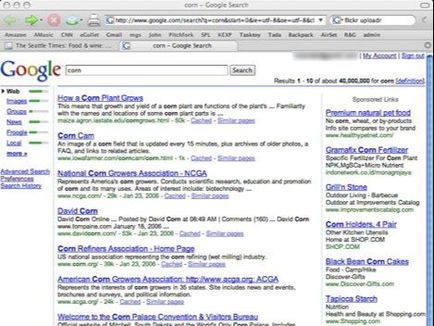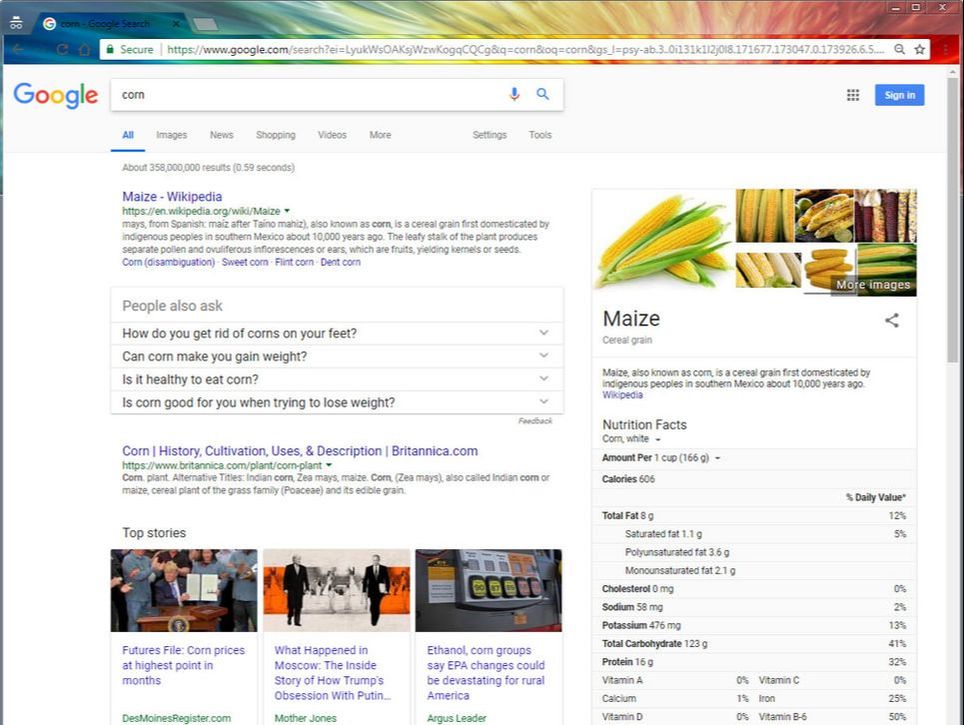What Is an OPM?
OPM - ONLINE PROGRAM MANAGEMENT - IS A POPULAR TREND in higher education, especially for well-established colleges and universities who want to add online learning. Estimated to be $1.1+ billion (2018), the hyper-competitive arena for online education is driving institutions to partner with for-profit companies that can do it all -- from curriculum design and call handling to recruitment ads and class development.
OPMs MAY CHARGE HALF (or more!) OF REVENUES in exchange for turnkey services. It's a tempting offer. The compelling reasons against OPM deals usually don't come into focus until it's too late, and institutions realize they're handcuffed in a deal they want to terminate.
OPMs MAY CHARGE HALF (or more!) OF REVENUES in exchange for turnkey services. It's a tempting offer. The compelling reasons against OPM deals usually don't come into focus until it's too late, and institutions realize they're handcuffed in a deal they want to terminate.
The Devil is in the Details
 Subdomains are Alternate Universes
Subdomains are Alternate Universes
1. Alternate Universe – Most OPMs operate by creating subdomains (subdomain.university.edu) as an expedient way to deploy. Subdomains give the false impression they're integrated with the university website, but from a technical standpoint they're treated as distinct websites, introducing a cascade of potential problems in search rank, traffic flow and data analysis. Ultimately, if the OPM relationship sours and terminates, the OPM often "owns" and retains the subdomain, which provides tremendous leverage in renewal negotiations.
 Protect Your Data
Protect Your Data
2. Protect Your Data – Ads are running, prospects are clicking, and responses are flowing. Who owns that data? Read your contract carefully, you might find that upon termination, the OPM retains sole ownership of performance data, without restriction. It can be argued a well-managed dataset is the single most valuable asset on campus, and is central to a process of continuous improvement. Allowing it to be taken, or worse, having it offered for sale to competitors, can be a crushing setback.
3. Five Years Is An Eternity – Five years ago, the Yellow Pages were still a line item in local restaurant ad budgets. OPMs argue their investment in program setup and buildout requires an unbreakable long-term commitment. It may seem sensible on its face, just remember how quickly market behavior evolves, especially at the youngest end. Google makes literally thousands of changes per year to their search algorithm, and results pages from just a few years ago look foreign today. In addition, new communication services emerge routinely, especially targeting teens and young adults. Digital marketing methods and techniques for higher education must evolve at breakneck speed, offering little assurance of future performance excellence. Any long-term non-cancellable contract should be a bright red flag, potentially crippling the ability to support programs in a rapidly changing environment.
 Never Send Two Bidders to the Same Adwords Auction
Never Send Two Bidders to the Same Adwords Auction
4. Cannibalization – Consider the "best case" scenario, where an OPM successfully dominates searches for online degrees, especially high-value graduate degrees. Typically the best performing keywords are institutional brand, curriculum topic, and degree level (eg: "Stanford University Masters in Psychology"). The problem is those keywords apply to both campus and online programs, so inherent competition emerges, where OPMs are solely concerned with online, and campus resources have to work harder just to be heard. In many cases, where both are buying ads, they're bidding against each other, raising the auction price for every click. The result is spiraling costs for the institution with little, if any, incremental benefit.
 OPMs Take Half (or More!) of Revenues!
OPMs Take Half (or More!) of Revenues!
5. Revenue Splits – As partners in business, OPMs expect to share the revenue. It's a tempting offer for institutions, allowing them to make little or no investment in their new online initiative. Plenty have reasoned that a smaller piece of the action is better than none at all. That may be true in the short term. However, if long-term predictions for explosive growth in online learning are remotely close, the future years are far too lucrative to allow the lion's share out the door. Always remember what's motivating the institution's migration to online education in the first place. Especially for public universities supported by taxpayers, allowing so much revenue to enrich a private partner invites public scrutiny.
Top Five Reasons to Never Hire an OPM | Online Education | Online Program Management | College and University



